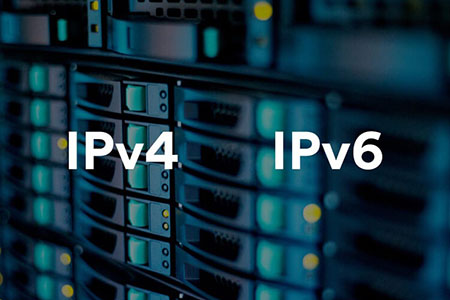Static IP and dynamic IP are two different ways of allocating IP addresses in network communications. They each have some advantages and limitations. Which method is better depends on your needs and usage. Here are the details about static IPs and dynamic IPs, and the differences between them:
Static IP:
A static IP address is a fixed IP address assigned to a network device or server. The following are the characteristics of static IP:
Fixedness: A static IP is permanently assigned to a specific device or server and does not change over time.
Reliability: Since static IP addresses do not change, they are more reliable in network communications. You can easily access a specific device or service through a fixed IP address.
Suitable for servers: Static IPs are often used for hosting servers, websites or applications because these services need to be available at all times and require a fixed address.
Configuration flexibility: Static IP allows you to more flexibly configure network devices, such as routers, to meet specific needs.
Not suitable for mobile devices: Static IPs are not suitable for mobile devices because they require a fixed location.

Dynamic IP:
A dynamic IP address is an IP address dynamically assigned to a device according to the DHCP (Dynamic Host Configuration Protocol) protocol. The following are the characteristics of dynamic IP:
Temporary: Dynamic IP addresses are temporarily assigned to devices, and their leases expire after a period of time and are then reassigned to other devices.
Suitable for mobile devices: Dynamic IP is suitable for mobile devices, such as laptops and smartphones, because they can move under different networks and obtain new IP addresses.
IP address management: Dynamic IP address allocation is managed by a DHCP server, reducing the workload of network administrators.
Privacy: Dynamic IP can provide a certain degree of anonymity because IP addresses change regularly and are difficult to trace to a specific device.
Differences and application scenarios:
Stability and reliability: Static IP is more stable and reliable, suitable for servers and services that require continuous availability. Dynamic IP is suitable for scenarios that do not require continuous availability.
Mobility: Static IP is not suitable for mobile devices, while dynamic IP is suitable for laptops, smartphones and other mobile devices.
Cost: Static IP usually incurs additional costs, while dynamic IP is a more economical option.
Network management: Dynamic IP reduces the burden of network management because IP address allocation and management are automatic.
Privacy: Dynamic IP provides better privacy protection because IP addresses change frequently.
Choosing a static IP or a dynamic IP depends on your needs. If you need reliability and continuous availability, a static IP is a better choice. If you use mobile devices or need an economical solution, a dynamic IP may be more suitable. In actual applications, mixed use is sometimes chosen, and different IP address allocation methods are selected according to specific circumstances. No matter which method you choose, you need to clearly understand its characteristics to meet your network needs.

 EN
EN
 CN
CN








